Trigger warning: this post talks about my experiences with anxiety, including dermatillomania and bulimia, and could potentially be triggering.
When I started this website, I imagined it as a travel blog. It started because my friends and family were constantly asking me how I traveled so much and so cheaply– so I figured I’d write the answers in one place. I have since written about a wide range of topics, but my experiences traveling inform my writing regardless of what it’s about.
For the first time since starting this blog, I’m going fully nomadic for a little while. I’m not a stranger to the lifestyle– I did it for three years– but it’s still a change. And unsurprisingly, as with any uncertain transition, my anxiety is making itself known.
I have always struggled with anxiety, but I didn’t know what it was. As a kid, I didn’t know how to name it– I just thought something must have been wrong with me. The other explanation I had was that everyone was struggling, and nobody was talking about it. I didn’t actually seek help for this stuff until I was in college.
In high school, I developed an eating disorder. It was something I thought I could control even when everything else felt crazy. With the eating disorder came a skin picking habit– I would stand in front of the mirror and scrutinize my face, trying to pick and pop at just about anything. I justified it as normal teenager stuff, but it wasn’t.
I remember being frozen in my dorm room, dreading my next class– not because I didn’t like the class, but because I had to physically get myself there. And I’d go, but what should have been easy just wasn’t. I’d walk through campus and feel like everyone was staring at me. I’d sit down in the studio or lecture hall, ears ringing, heart pounding, exhausted.
This is nowhere near all of it, but it should give you an idea.
So I started seeing a therapist. I heard a lot of new words– official names for what I struggled with. And the more I learned about what I was experiencing, the more I wanted to learn. The more I wanted to work on it. And I promised myself I would not let my anxiety get in the way of my life.
It’s one thing in theory, and another in practice. My first opportunity at solo travel came when a colleague of one of my professors invited me to come intern at a marine lab in Portugal. I was thrilled, and immediately started putting a plan in place. This was going to be my first time abroad– and I was going to do it by myself. I pictured my life there, what it would look like, what my friends would be like, all the cool outfits I would wear and all the European trips I’d be able to take.
A few months later, I flew to Porto. And when the novelty of everything wore off, I felt like I had made a horrible mistake. My anxiety was big. For the first few days, I didn’t even leave my apartment.
With routine, things improved. When I was busy, my brain didn’t have the space for anxiety. But it took a few months in Portugal for things to feel normal, and I learned it the hard way. Nobody told me I’d feel scared and nervous all the time. Nobody told me how intimidating it would be. Nobody talks about the harder part of travel.
I kept pushing. I figured I was already in Europe, so I was going to go see it regardless of if my anxiety wanted to tag along. So I traveled, and so did my anxiety. We went to Barcelona for a weekend. We went to Amsterdam. We went to Paris, but didn’t even go to the Eiffel Tower. I didn’t eat dinner that night, and instead retreated to my hostel dorm bed and tried to wait out the wave and the tightness in my chest.
My anxiety is very physical. My heart feels like it’s being squeezed. It’s a dull ache and it’s very, very real.
But I decided a long time ago that my anxiety is not in charge of my life– I am. Here are the tools I use, often daily, to manage my anxiety in my adventurous life, especially while traveling.
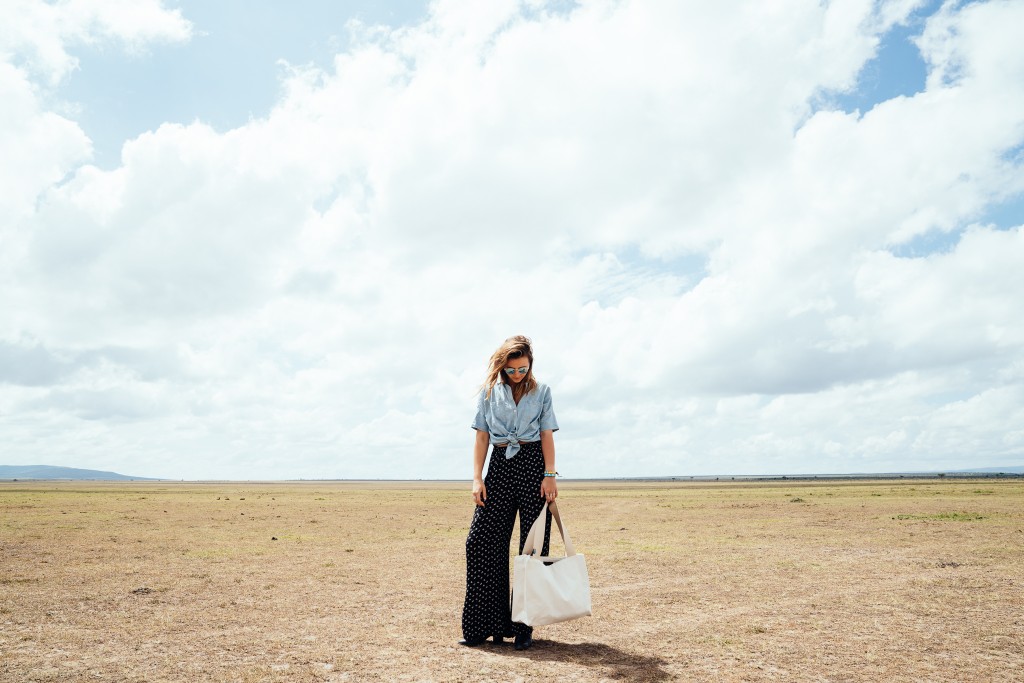
PLAN AHEAD & PREPARE
My outdoorsy folks will recognize this as the first principle of Leave No Trace. It applies here in a big way. Travel involves many unknowns, and anxiety does not like unknowns. So plan for it as much as you can. When you’re thinking about your trip, if you feel stressed about a certain aspect, plan for it. If I suspect I’m going to be stressed about a particular thing, I probably will be. So book your accommodation for the first few days at least. Look at maps, create a list of things you want to do or see, and make a plan for how you’re going to get around. Equip yourself with information. Unknowns are inevitable, but when you’ve done the research, your anxiety has less to hold on to.
FIND ROUTINE
Anxiety can make decision-making very difficult. But when part of your day is already planned, you have less decisions to make. Routine doesn’t mean you have to be boring– it just means streamlining part of your day so that it is generally consistent. When traveling, finding routine can be complicated due to place, time zone, food, and tons of other circumstances. So what is in your control? Getting up at the same time every day, journaling before bed every night, exercising, meditating– anything that is independent of place. Start small with the goal of eventually having a basic structure to your day.
HAVE A SUPPORT SYSTEM
Online or offline, know who you can count on if you experience anxiety on the road. Support systems don’t typically land in your lap, so you have to plan for this. Tell people who care about you what you might struggle with while traveling. Think about what would make you feel supported, then tell them how they can be there for you. Reach out when you need help– text or call someone, use a Facebook group, or even writing a letter to someone can help if you don’t have access to power or wifi.
DEVELOP HEALTHY COPING MECHANISMS
You will not always have immediate access to your support system, so it is important to develop skills and tools you can use when anxiety hits. Intentional breathing exercises, journaling prompts, podcasts, calming music, yoga– whatever sounds good to you, get into a habit with it at home so that it’s a natural go-to when you are on the road.
SPLURGE WHEN YOU NEED TO
Have a fund you can dig in to when you just need some self-care. Knowing you’ve got some cash set aside for mental health days is reassuring– it’s comforting to know you can go get yourself a room if you need some space. And if you’re ready to call it, you can use the money to get home sooner than you were planning on. Having the financial cushion here will take some of the edge off.
BE GOOD TO YOUR BODY
Everyone is different, so I will speak for myself here, but I am always more anxious when I am drinking. This sucks (I am a huge fan of craft beer), but I can’t deny it. Hangovers for me are always accompanied by some kind of anxiety or feeling of absolute dread. And although nights out can be fun, they aren’t always worth it. If this is you too, my advice is to limit your drinking, and to drink a lot of water regardless. I also notice that caffeine tends to make me more anxious– and unfortunately, I really love coffee. Overall, notice what your body needs and what it doesn’t. Notice what makes you feel good and what definitely doesn’t. And act accordingly.
GET OUT AND DO SOMETHING
When you get stuck in a worry loop, anxiety wants you to curl up in a ball and not do anything ever again. Thing is, nobody is going to wake you up from your anxiety “nap” (aka laying in bed looking at the ceiling)– so you have to force yourself to do something, even if it’s as simple as walking down the street or sitting in a cafe. Most of the time, getting started on one thing will lead to something else.
DON’T GIVE ENERGY TO WORRY OR STRESS
Many anxious people are very self-aware. You probably fall into that category if you’re reading this. So when you notice yourself worrying, recognize that the worry isn’t really all that useful if it isn’t translated into action. Realize that worry doesn’t usually change outcome. Only worry about what is in your control, and take action on those things.
KNOW YOU CAN ALWAYS CHANGE YOUR MIND
This is your trip and your life. No one decision you make is set in stone. You can always change your mind, so give yourself this freedom and remind yourself of it often. If the plan sucks, change the plan. You can always cut things short or go home.
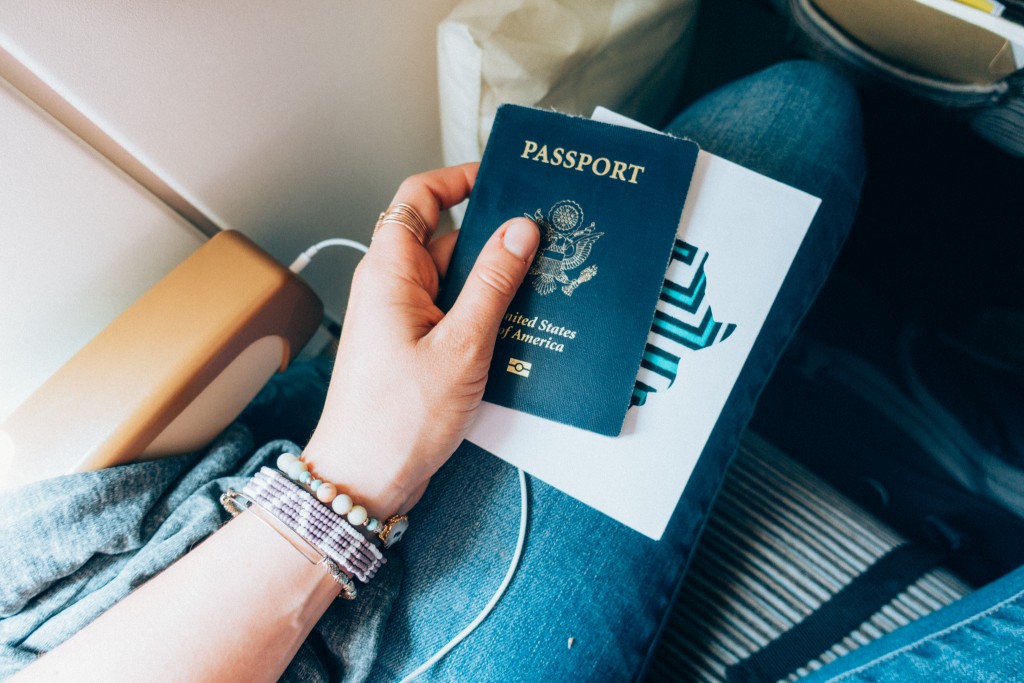
Anxiety can run your life if you let it. It’s not your fault that you have anxiety, but it is your responsibility to deal with it. I still struggle with my anxiety and all of the manifestations of it, and I know that it’s never going to go away, but that it can be managed.
I am happy to share all of this with you because I want you to know that living an adventurous life with anxiety is possible. I know it’s easier said than done. And it’s not a one-time thing either– this is recurring stuff. Things are allowed to suck. Things are allowed to be really difficult. Know that you have more control than you think you do.
Please ignore this text box - Recoleta Font
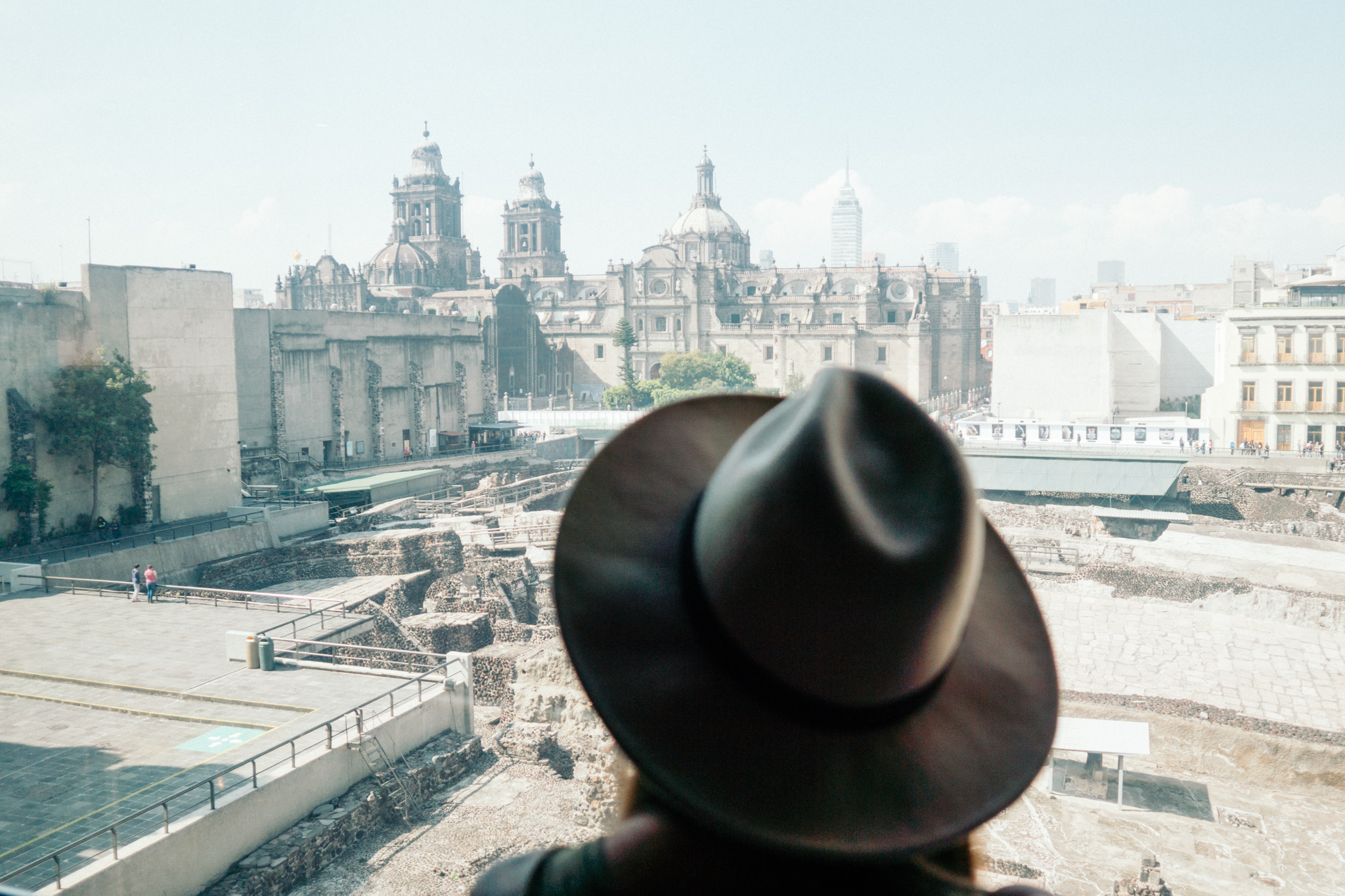
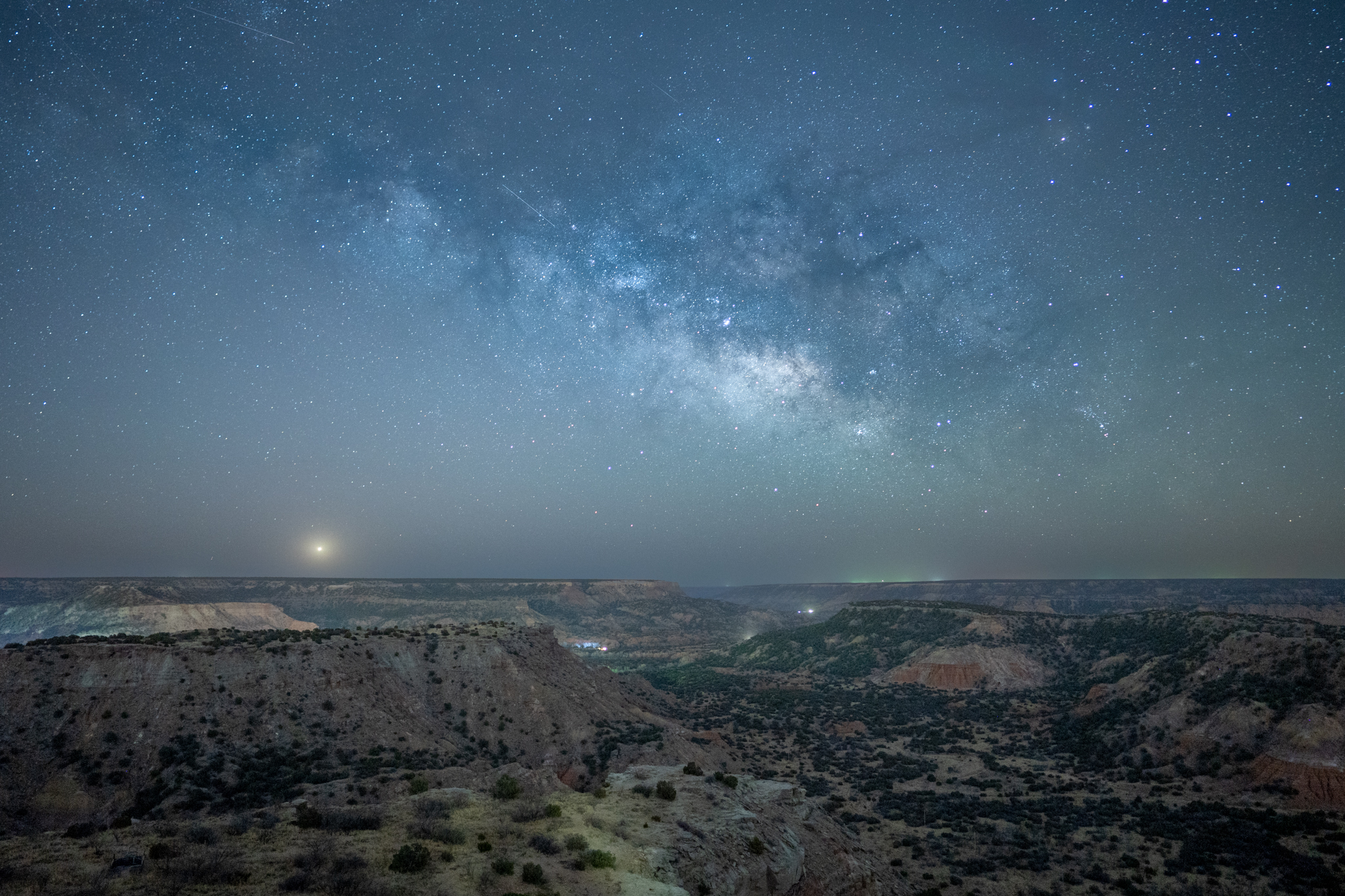

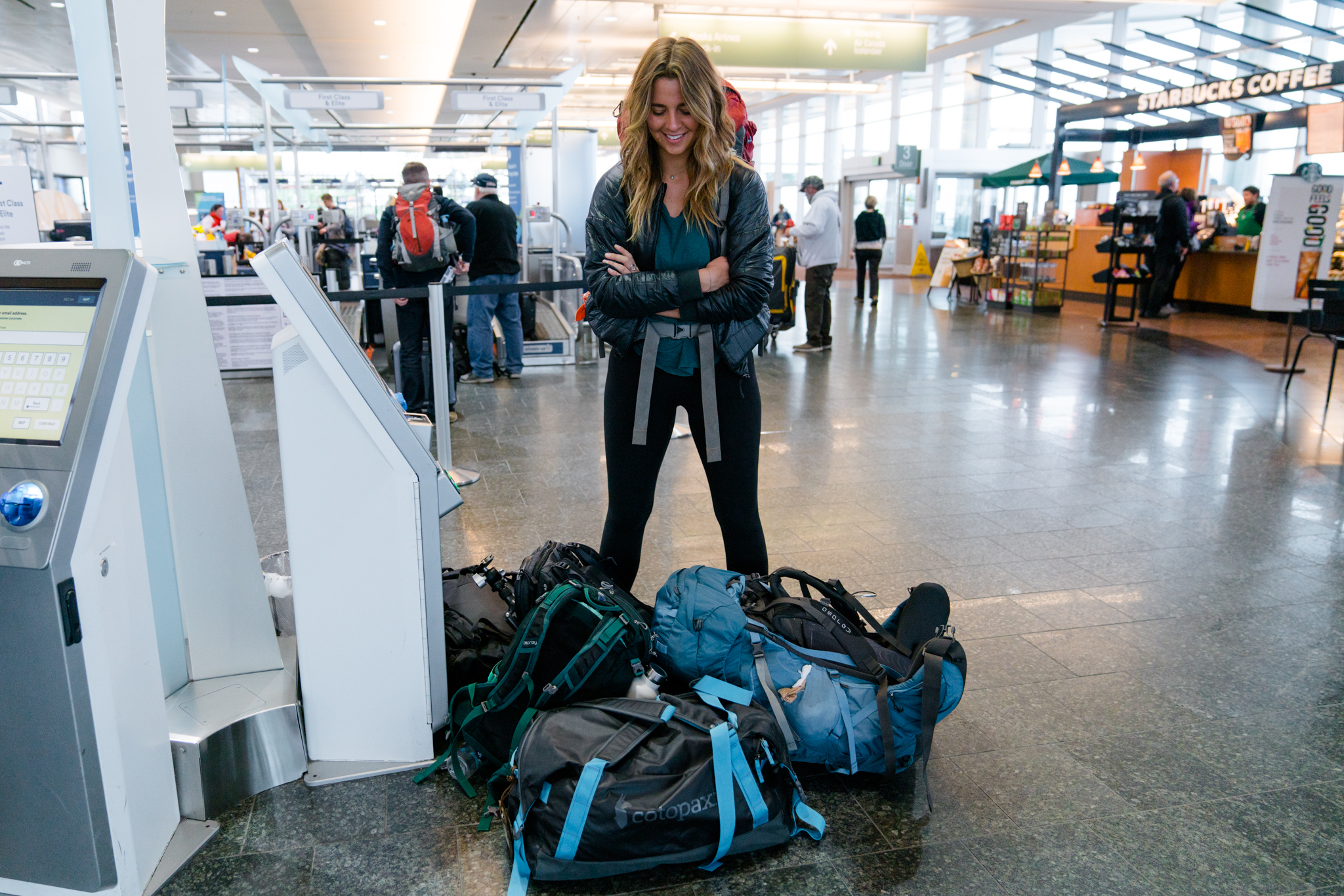
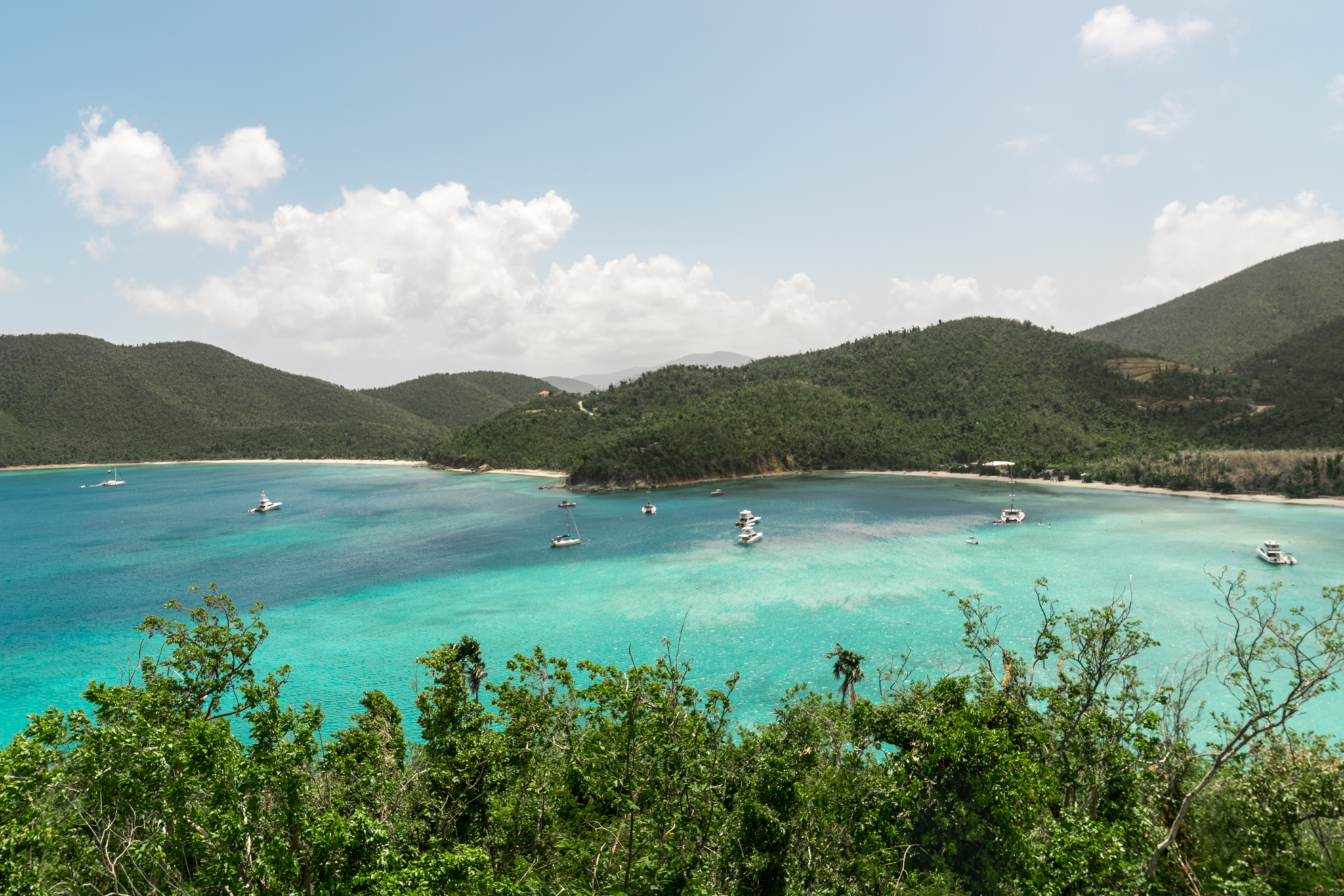
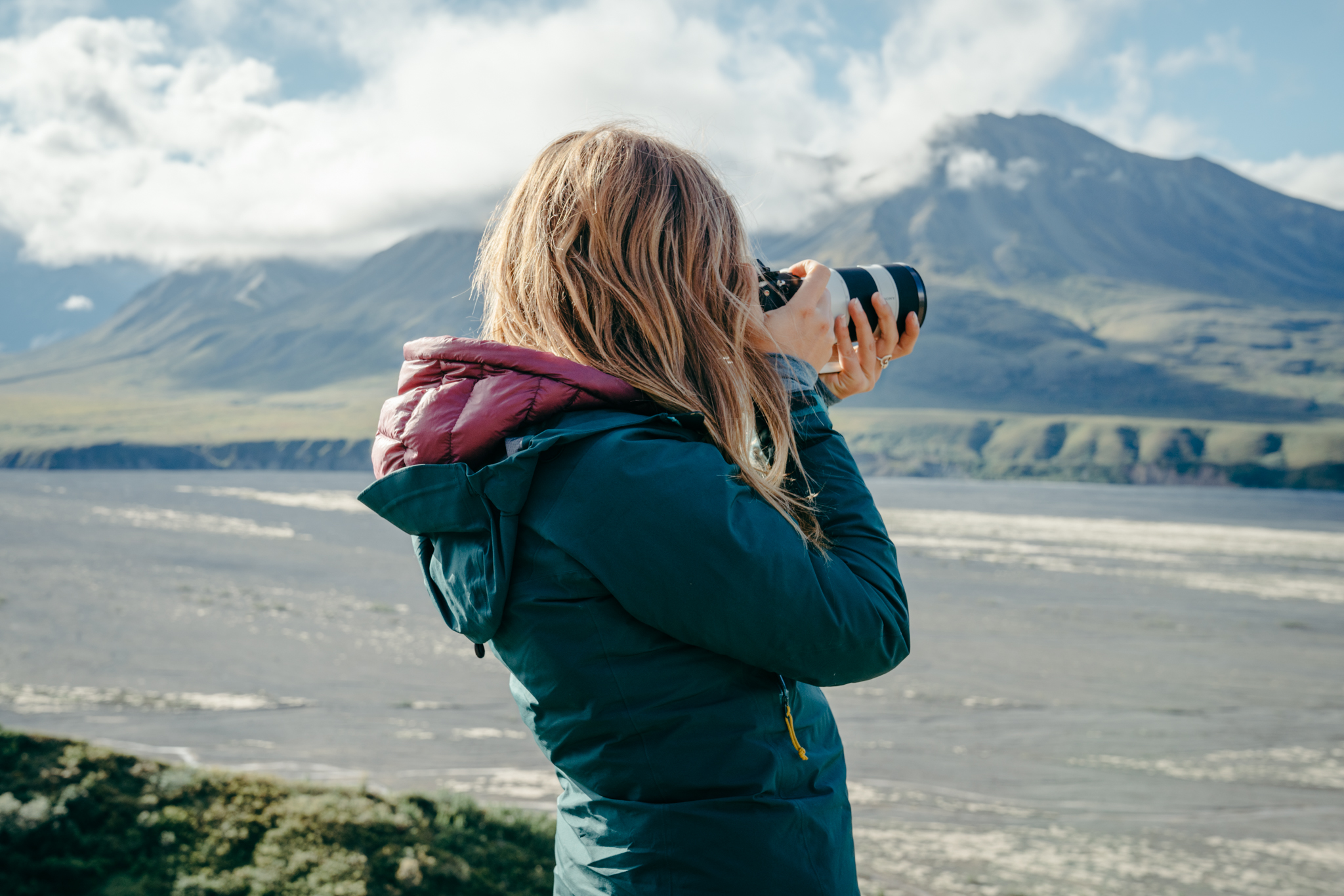
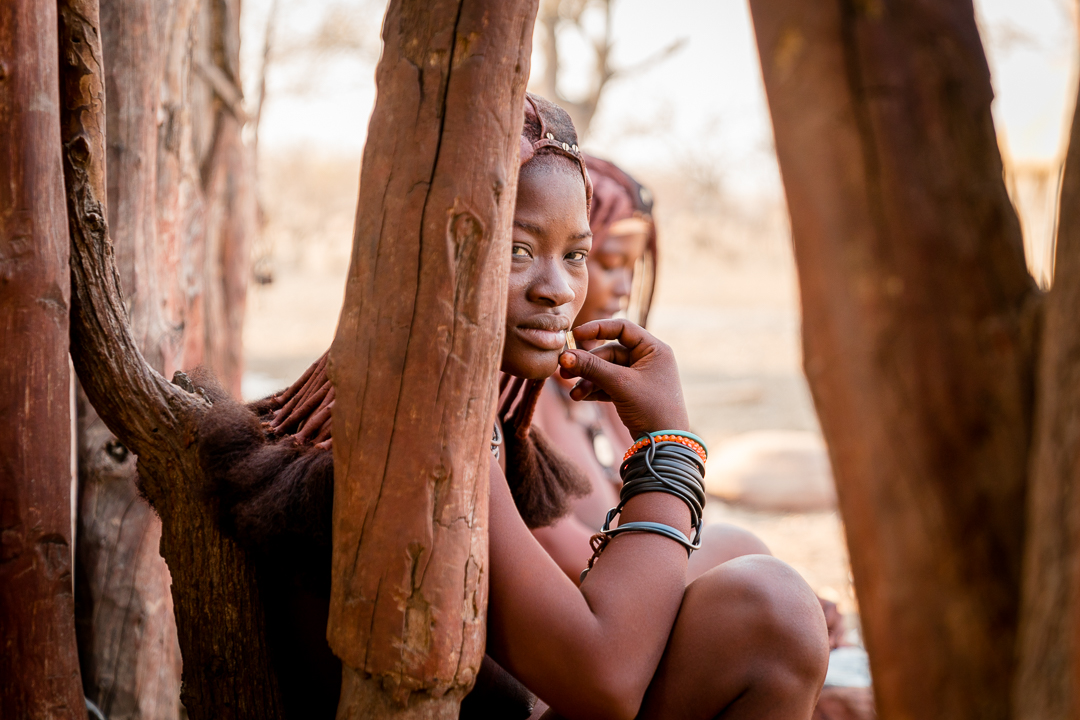
+ show Comments
- Hide Comments
add a comment